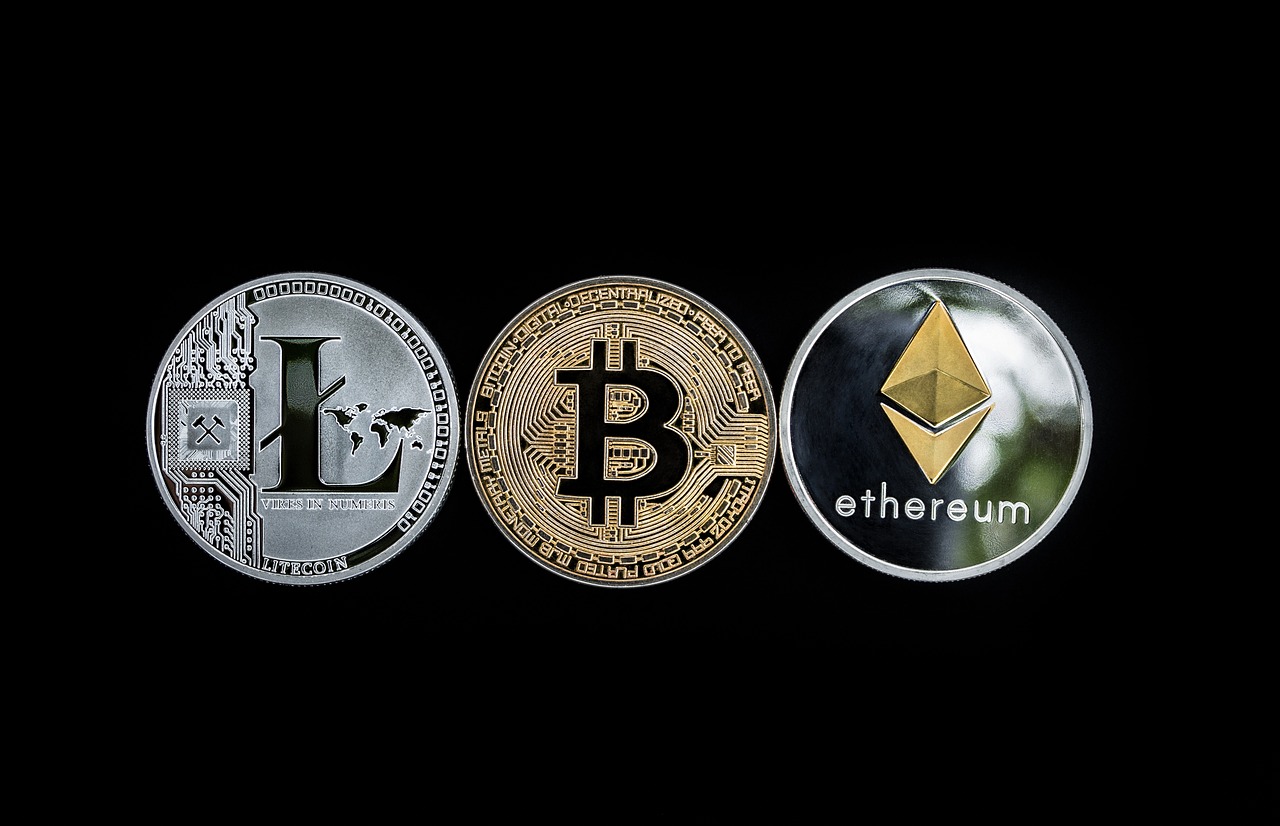
4 Tips Every New Cryptocurrency Trader Should Know About
For the past few years, the cryptocurrency market has continued to grow more mainstream all around the world. Cryptos have advanced in ways that have made these mediums of exchange so much easier and accessible to the average person, even without knowledge of cryptography and the blockchain technologies. In fact, anyone these days can setup a free XMR wallet and buy Monero on an online exchange, just as easily as they can secure popular cryptocurrencies like Ethereum, Litecoin, Cardano, Polkadot, and so on.
It’s because of this that more and more people are starting their investment portfolios and making their first trades in crypto. The problem is that it takes a little more than a wallet and an exchange platform to actually earn from the cryptocurrency market. It’s these beginner mistakes that leave some individuals losing a hefty sum of money after only a few days.
If you’re new to cryptocurrency trading, here are some essential tips to know about so that you can make the most of it.
Choosing a Cryptocurrency
The first mistake that most beginners make is to choose some of the cheapest value alt coins since they are the most affordable. They do this under the assumption that any cryptocurrency is bound to rise in value anyway, so they can trade once that happens. The second mistake is to do the opposite and go immediately for the top valued coins for their value alone.
Deciding on cryptocurrencies—just like any asset—is never this simple. New traders should instead look into factors like volatility on the market, trading volume, and asset liquidity. In particular, asset liquidity is crucial to understanding how easily a coin can be converted into fiat money since other traders often take this into highest consideration.
Look into Wallet Options
Wallets for crypto are not the same as the ones used for cash and cards, nor is it as plain as any digital wallet. Even if blockchain technology allows for some privacy to be built into the coins themselves, a proper wallet adds a necessary layer of security to protect a trader’s private and public keys.
There is a plethora of options and variants of wallets to choose from, but most can be boiled down to hot and cold wallets. Hot wallets are usually online wallets—convenient for being connected to the internet and accessible anywhere. Cold wallets are physical, offline devices which cannot be easily hacked.
Of course, there are nuances to each wallet. Some hot wallets are more secure than others, and cold wallets are easy to lose. Newbies definitely need to assess their own circumstances in order for them to choose the best wallet for their needs.
Explore Different Exchange Platforms
It might seem convenient to jump onto the first exchange that comes up, but there are many more factors that differentiate these platforms. For one, most of them have transaction fees at different rates as well as initial deposits that may turn into a liability. In line with that, some platforms have a narrow selection of payment methods while others have longer processing times.
Furthermore, traders in certain countries may have to verify if they are only allowed on domestically regulated platforms. One last concern is on what cryptocurrencies are supported, a factor that should be considered before one pays the initial fees. It is important to research these details beforehand, and if possible, try to find reviews on the exchange.
Research and Strategy
If it’s not clear enough, research is an absolute necessity at every point of trading cryptocurrency. It’s just as important that a trader’s sources are both credible and up to date as trends and market behavior in the cryptocurrency space are largely affected by current events even outside of the finance sector.
After enough research, new traders must devise their strategy for buying and selling their crypto coins. There are many ways to do this, but it boils down to setting goals and limits. Experiencing loss is a possibility so they must first know how much they are willing to lose before quitting. This does not mean marking the end of all trading, but they must learn how to minimize their losses.
Similarly, they should determine when enough is enough by setting their profit goals. Traders can’t be too greedy, especially since the crypto market is still incredibly volatile, and they risk losing more than they earn at any point. Small but collective gains can grow more steadily over time.
Hopefully, these tips were helpful for any newcomers to cryptocurrency trading. It will feel like a lot of work at the start since there are so many factors to consider, but over time, it becomes easier to keep up with the cryptocurrency market.
Mistakes will be made along the way, but even so, these are chances to learn and to try out new trading strategies that could earn more. There are plenty of opportunities to earn from this, but it’s only possible with careful decisions and practices.





